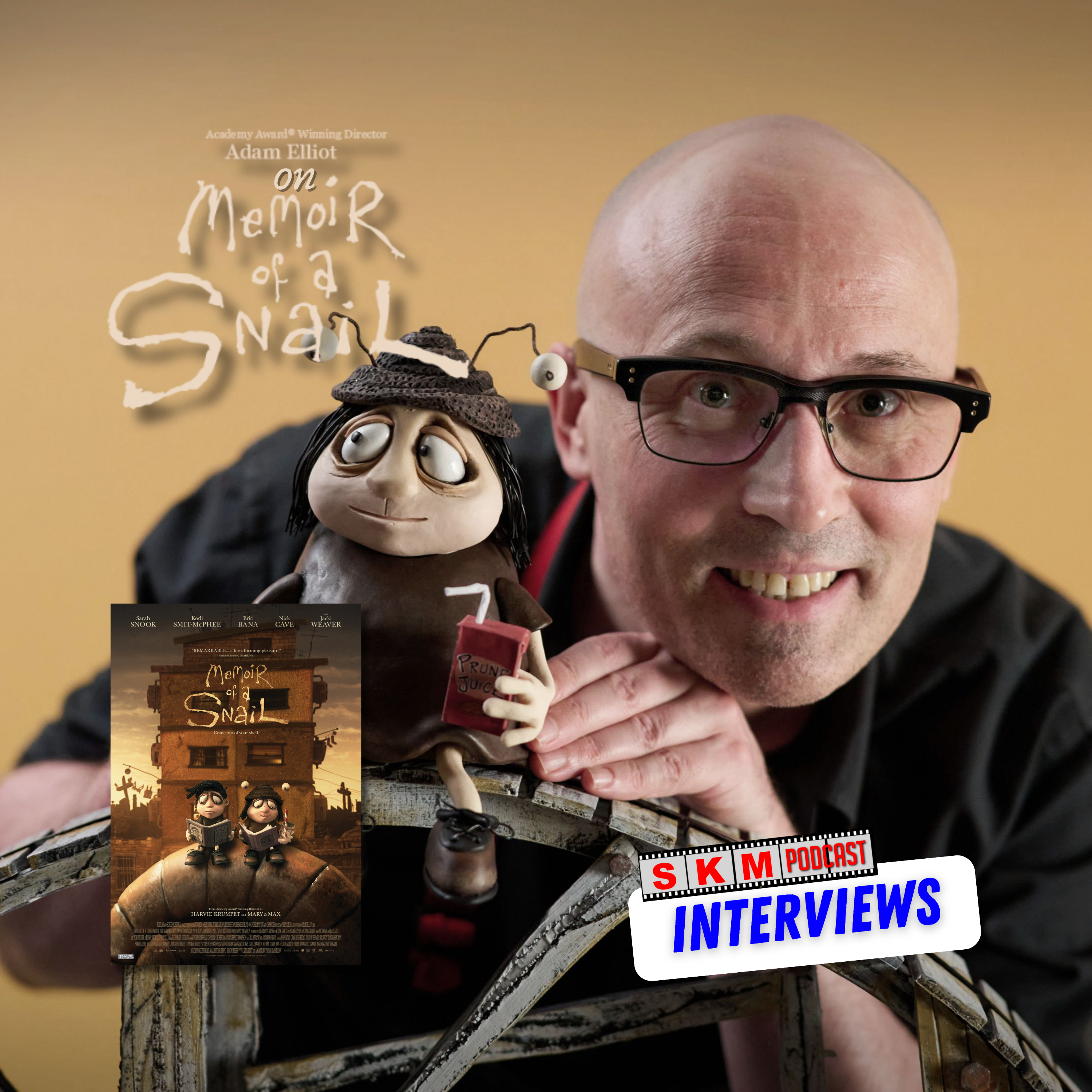Episode Transcript
[00:00:09] Speaker A: Sean Kelly interviews Yo Bustamante on the dark fable Rita Like. And subscribe for more content like this.
We'll probably start off by saying that Rita was one of my favorite films I saw at Fantasia this year.
[00:00:25] Speaker B: Oh, thank you so much. Thank you. That's very nice. Yeah.
[00:00:29] Speaker A: And I guess I'll start by asking you to talk a bit about the true event that inspired the film.
[00:00:38] Speaker B: Yeah. In. In Guatemala, in 2017, in an institution called Ogar Seguro, 40, 41 girls died.
And.
And it was a very, very hard situation in the whole country. Not just because we were sad about the dramatic fact, but because in a way that put us in front the fact that we that in from the fact that the injustice that we were living every day and the impunity at the same time.
And until that, a case, a process were open.
And we continue with the process today. And there is no justice.
And for a moment, the case wanted to be silenced and when the state wanted to silence the case with the film. But it was very hard to invite the audience to watch film where girls were suffering.
So we decided to make a very deep research about what happened in these institutions. And we moved out of the border of Guatemala and we went to every one of the countries of Central America. And we discovered that there is a kind of a common fact when girls and say girls, because it's not happening things with boys. When girls are suffering in a moment, they say bastard, and they ask for help.
And when they ask for help, adults start saying they are not girls, they are dangerous, they are delinquents. Because we don't want to be part of the responsibility, of the social responsibility that we have. And so coming from that research and interviews that we made, we discovered that they had that kind of heroic act telling the stories, but in the same time, they had that kind of desire to protect a girl inside them.
And they made it telling us these stories in a fairy tale way. So we wanted to keep that very touching thing that they used to tell the stories.
Yeah.
[00:03:31] Speaker A: So actually, that's my next question. I actually compared Rita somewhat to like the films of Guillermo del Toro, since it tackles some very difficult subject matter through the lens of this fantastical fairy tale environment. So how difficult was it for you to find that balance in the film?
[00:03:53] Speaker B: You know, Guillermo for sure is one of the biggest inspiration that I have in my works. And I had the opportunity to talk with him a lot of times about how to use fantasy and magical realism. And I think both we have that chance to understand magical realism Coming from another perspective, because we are Mesoamericans, and for us it's not just an artistic movement, it's a kind of a lifestyle.
And we. And this is a very positive way of that because in a way, magical realism is keeping us close to our ancestors with our traditions and open windows to the magical world that is so important in our life. But in another way is because we live in a kind of a society that are. The injustice is all the time there, that magical realism is the only hope that we have.
So that's the way that I really wanted to continue using it in my stories. Because I think it's given us a lot of freedom.
[00:05:22] Speaker A: Yeah, I actually liked how like the film actually divides the girls at the center into like clique. So there's like the one section with angels, one section of rabbits. There's like the ghostly stars.
[00:05:36] Speaker B: There is a very nice thing about that, because the girls itself, when we have. Because I started to film in Guatemala and I make a casting call in the whole country and we have more than 5,000 girls coming to the casting. We keep 300.
And we opened the academy and we formed them for years almost.
And they help us to bring that universe. And it was a very nice thing, but that universe was there too. Because the catalog really exists in some institutions and people who works in that institution as are costume the girls to sell it, to sell them. And so we wanted to use. We wanted to talk about that because it's a so. So dramatic situation, but at the same time continue using the girls language.
[00:06:36] Speaker A: So do you hope that Rita in some way affects how girls are treated in Guatemala?
[00:06:43] Speaker B: It's happening in a way. Our first evidence in Guatemala were the surviving Girls from the 2017 situation and the families of the girls who are not anymore with us. And for us was so important to have a film amplifying their voice because. Not because just not just because they are looking for justice, but because in a way that became a case that is more important to tell the story, pretending to save new victims of that system.
And we had a chance to show the film to the president couple in Guatemala. And the first lady is taking care right now about that kind of institutions.
So I don't think that artists can really change politics, but maybe we can just touch some souls.
[00:07:51] Speaker A: Okay, perfect.
[00:07:53] Speaker B: Thank you.


